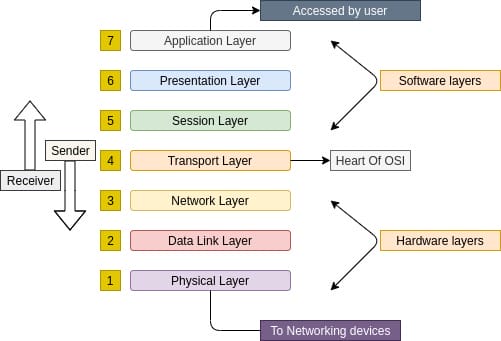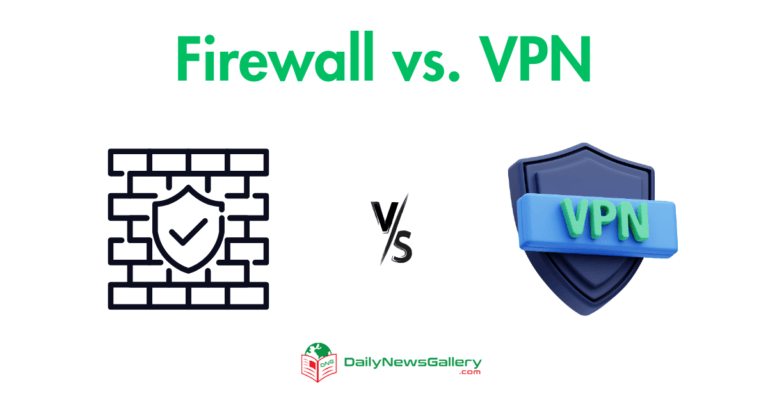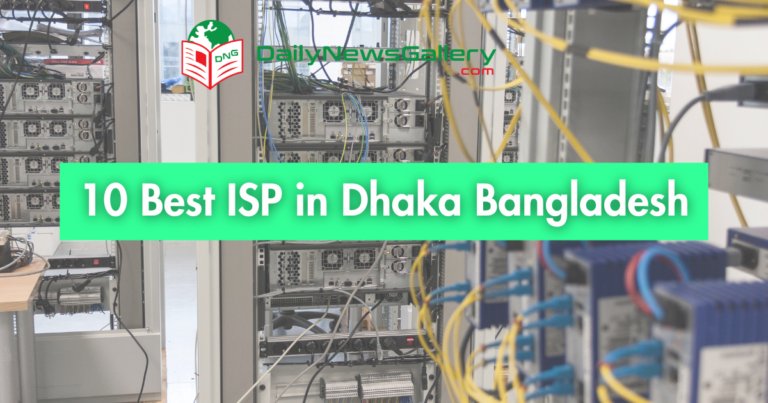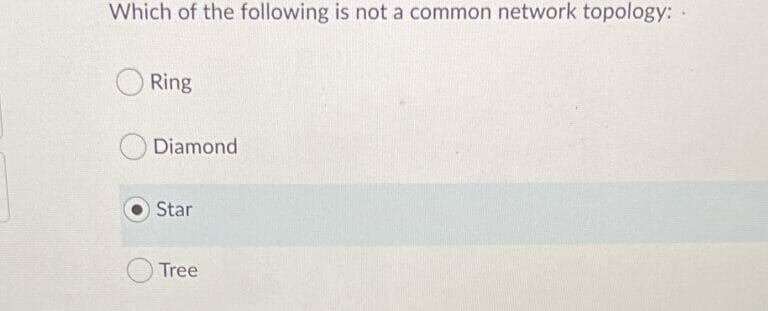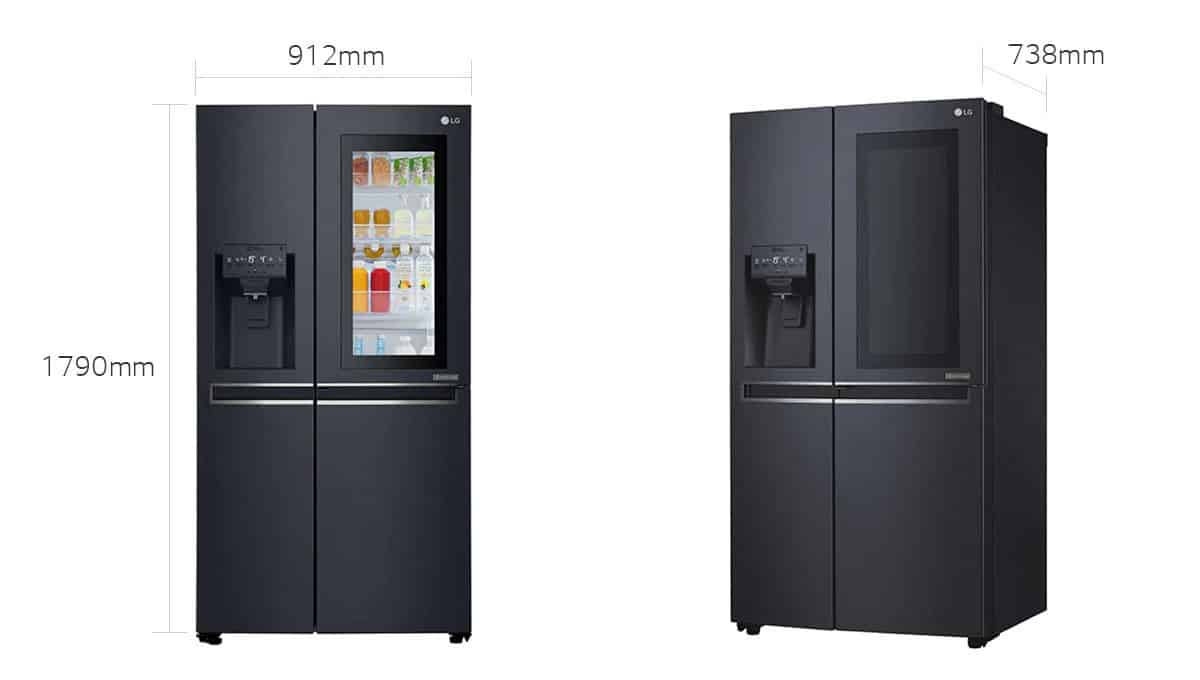
With LG Smart Grid, your home becomes a hub of smart technology, where you have greater control over your energy consumption and costs. It’s like having a personal assistant that maximizes your energy efficiency while keeping your home comfortable and convenient.
But how does it work? Stay tuned as we explore the fascinating features and benefits of the LG Smart Grid and how it’s revolutionizing the way we use energy at home. Get ready to step into the future!
What Is Lg Smart Grid?
LG Smart Grid is an advanced energy management system that optimizes electricity usage in households. It leverages technology to monitor energy consumption, analyze data, and make efficient adjustments.
With features like smart meters and home energy management systems, LG Smart Grid helps users reduce energy waste and save money on electricity bills. By integrating renewable energy sources and smart appliances, it creates a sustainable and eco-friendly energy ecosystem.
Experience the benefits of smart grid technology with LG Smart Grid.
How Does the LG Smart Grid Work?
The LG Smart Grid utilizes advanced IoT (Internet of Things) technology to enable seamless communication between various devices and energy providers. It involves a network of interconnected smart appliances, electric vehicles, renewable energy sources, and an intelligent power grid.
These elements work collaboratively to optimize energy consumption, reduce costs, and minimize environmental impact.
1. Smart Appliances
At the heart of LG Smart Grid are smart appliances that are equipped with sensors and connectivity features. These appliances are designed to interact with the power grid and make informed energy consumption decisions. From smart refrigerators that adjust cooling based on usage patterns to smart air conditioners that optimize temperature settings, these appliances play a vital role in reducing energy wastage.
Through real-time communication and intelligent algorithms, smart appliances can analyze energy demand and supply, allowing users to make informed decisions about their power usage. For example, during periods of high energy consumption or peak hour rates, smart appliances can automatically adjust their operation to minimize the user’s overall energy costs.
By integrating smart appliances into their homes or businesses, users can actively participate in the energy management process, contributing to a sustainable future.
2. Intelligent Power Grid
A key component of the LG Smart Grid is the intelligent power grid. Unlike traditional power grids, which operate without real-time communication, the intelligent power grid monitors and manages energy distribution using digital technology and data analytics. It enables seamless communication between energy providers, users, and the various devices connected to the grid.
The intelligent power grid leverages advanced sensors, smart meters, and two-way communication systems to collect and analyze data on energy usage, demand, and supply. This data is then used to optimize energy distribution, ensure grid stability, and prevent overloads or blackouts.
By balancing energy loads and dynamically adjusting supply, the intelligent power grid maximizes the use of renewable energy sources, reducing reliance on fossil fuels.
Moreover, the intelligent power grid enables users to actively monitor and track their energy usage in real time, empowering them to make conscious decisions and reduce wastage. By providing insights into energy consumption patterns, users can identify areas for improvement, adjust their habits, and ultimately save on electricity bills.
3. Renewable Energy Integration
One of the hallmarks of the LG Smart Grid is its seamless integration of renewable energy sources. By connecting solar panels, wind turbines, and other renewable energy systems to the intelligent power grid, users can efficiently harness clean energy and reduce their carbon footprint.
The LG Smart Grid provides a platform for users to seamlessly integrate their sustainable energy sources into their overall energy management strategy.
Renewable energy integration offers numerous benefits, including reduced reliance on fossil fuels, lower energy costs, and enhanced environmental sustainability. Users can generate their own electricity and even sell excess power back to the grid, contributing to a more decentralized energy infrastructure.
Furthermore, the LG Smart Grid enables users to monitor the performance of their renewable energy systems, ensuring optimal efficiency and maximizing their return on investment. By analyzing energy production and consumption data, users can identify opportunities to further optimize their energy usage and make informed decisions regarding their sustainable energy investments.
4. Energy Efficiency and Cost Savings
One of the primary benefits of the LG Smart Grid is its ability to enhance energy efficiency and reduce costs. By integrating smart appliances, intelligent power grids, and renewable energy sources, users can optimize their energy consumption and reduce wastage. Real-time monitoring and data analytics enable users to identify areas of high energy consumption and implement strategies to reduce usage.
With the LG Smart Grid, users can schedule and automate energy-intensive tasks, such as running the dishwasher or charging electric vehicles, during off-peak hours when electricity rates are typically lower.
This not only reduces overall energy costs but also supports a smoother and more efficient operation of the power grid.
Additionally, the integration of renewable energy sources allows users to offset their electricity consumption with clean energy production, further reducing their environmental impact and dependence on fossil fuels. This combination of energy efficiency and renewable energy integration ultimately leads to significant cost savings for users.
Frequently Asked Questions
Welcome to our Frequently Asked Questions section about LG Smart Grid! Here you’ll find answers to some common queries related to this topic. Whether you’re curious about how it works or what its benefits are, we’ve got you covered.
1. How does LG Smart Grid work?
LG Smart Grid is an intelligent energy management system that connects various devices and appliances within a home or building to optimize energy consumption. It uses advanced technologies like sensors, meters, and communication networks to collect real-time data on energy usage and grid conditions.
This data is then analyzed and used to make informed decisions about energy distribution and consumption patterns. By coordinating these actions, LG Smart Grid helps reduce energy waste, lower utility bills, and contribute to a more sustainable and efficient energy infrastructure.
Imagine a scenario where your washing machine, dishwasher, and air conditioner are all connected to the LG Smart Grid system. Throughout the day, the energy demand from different devices fluctuates.
With the help of the collected data and intelligent algorithms, LG Smart Grid can prioritize which appliances receive power during peak and off-peak hours, ensuring the most efficient energy distribution. This not only saves money but also helps reduce the strain on the overall power grid.
2. What are the benefits of adopting LG Smart Grid?
There are several benefits associated with adopting the LG Smart Grid. Firstly, it allows for better management of energy consumption, which can result in significant cost savings on utility bills. By optimizing energy usage, LG Smart Grid reduces waste and increases the overall efficiency of the energy system.
It also helps decrease the reliance on fossil fuels and promotes the use of renewable energy sources, contributing to a more sustainable future.
Another advantage of the LG Smart Grid is the improved reliability of the power supply. By monitoring grid conditions and identifying potential issues, the system can proactively respond to outages and prevent widespread loss of power.
Additionally, the LG Smart Grid enables users to have more control over their energy usage, providing real-time data and insights that help them make informed decisions about their consumption habits.
3. Can LG Smart Grid be integrated with renewable energy sources?
Yes, LG Smart Grid can be seamlessly integrated with renewable energy sources, such as solar panels or wind turbines. In fact, combining LG Smart Grid with renewable energy technologies is a powerful combination that maximizes energy efficiency and sustainability.
The system can monitor the production of renewable energy and optimize its utilization within the grid, ensuring that excess energy is stored when generation exceeds demand and consumed when demand exceeds generation.
By integrating renewable energy sources with LG Smart Grid, users can further reduce their carbon footprint and dependence on non-renewable resources. This integration not only benefits individual households and businesses but also contributes to a more sustainable and greener energy infrastructure on a larger scale.
4. Is LG Smart Grid secure?
LG Smart Grid prioritizes the security and privacy of its users. The system utilizes robust encryption and authentication mechanisms to protect against unauthorized access and ensure data integrity.
Multiple layers of security measures, including firewalls and secure communication protocols, are implemented to safeguard the system from cyber threats.
LG Smart Grid also adheres to strict privacy regulations, ensuring that user data is handled responsibly and transparently. Users have control over what data is collected and how it is used, with options to opt-out if desired.
Continual monitoring and updates are conducted to identify and address potential vulnerabilities, making LG Smart Grid a secure and reliable energy management solution.
5. Can LG Smart Grid be retrofitted into existing homes and buildings?
Yes, the LG Smart Grid can be retrofitted into existing homes and buildings. The system is flexible and can be integrated with a wide range of appliances and devices, regardless of their age or brand. LG offers compatible devices and retrofit solutions that allow users to upgrade their existing infrastructure to take advantage of the benefits provided by LG Smart Grid.
Whether it’s installing smart meters, energy management systems, or other components, LG Smart Grid can be customized to suit the needs of different structures. Retrofitting not only modernizes the energy management capabilities of the building but also contributes to energy efficiency, cost savings, and a more sustainable future.
LG Smart Grid is a cool technology that helps us save energy and be more eco-friendly. It connects our homes to the power grid and lets us use electricity smarter.
With LG Smart Grid, we can control appliances remotely, monitor our energy usage, and even get tips on how to be more energy-efficient. It’s all about making our lives easier and greener!
So, next time you hear about LG Smart Grid, remember that it’s a smart way to use electricity and help the environment at the same time. With this technology, we can make a positive impact and be energy-savers!


